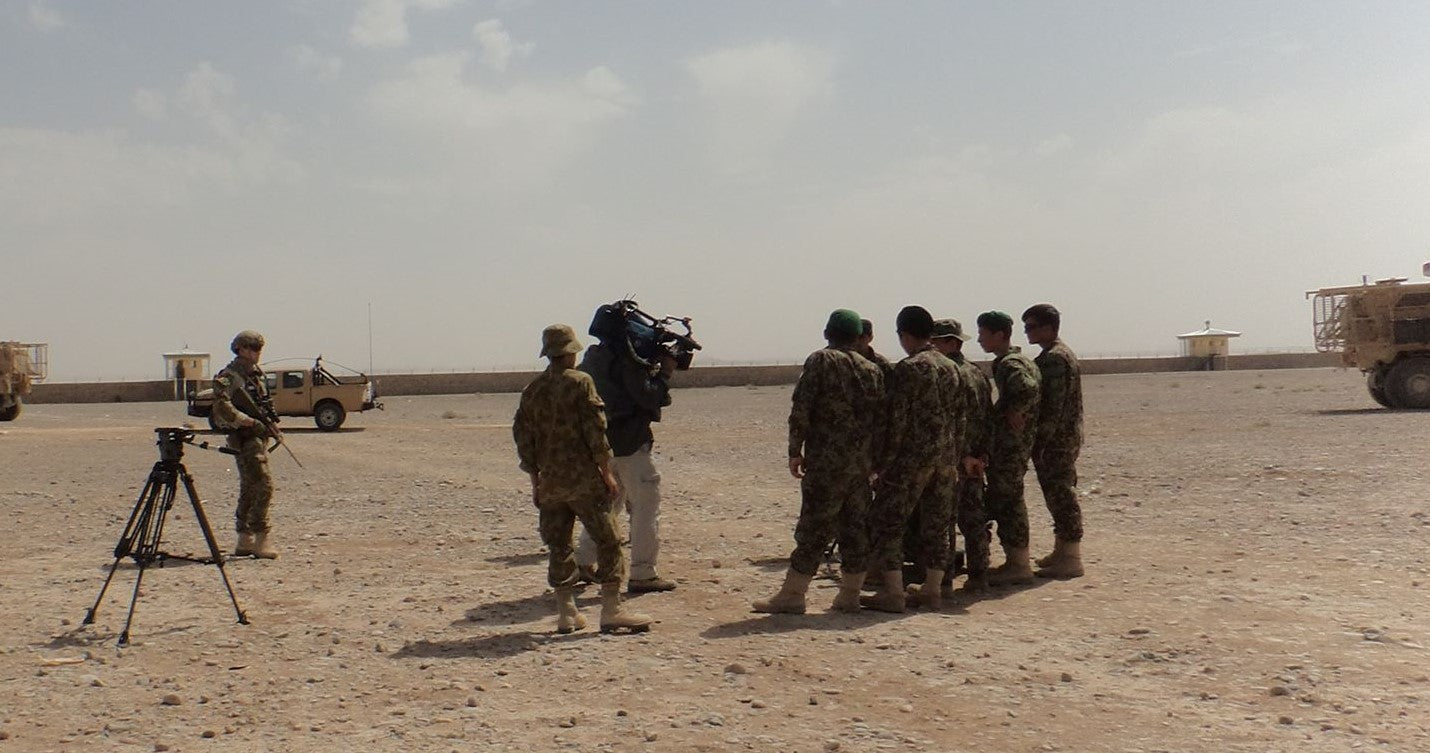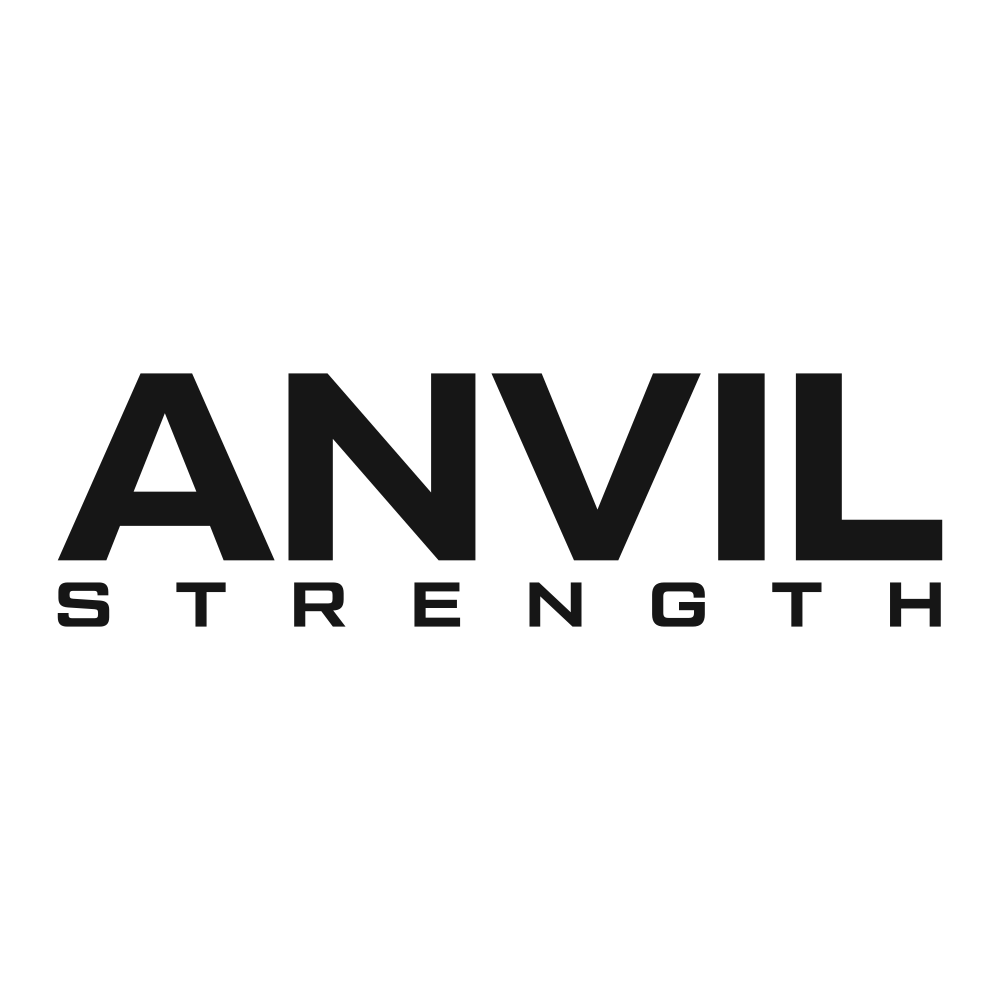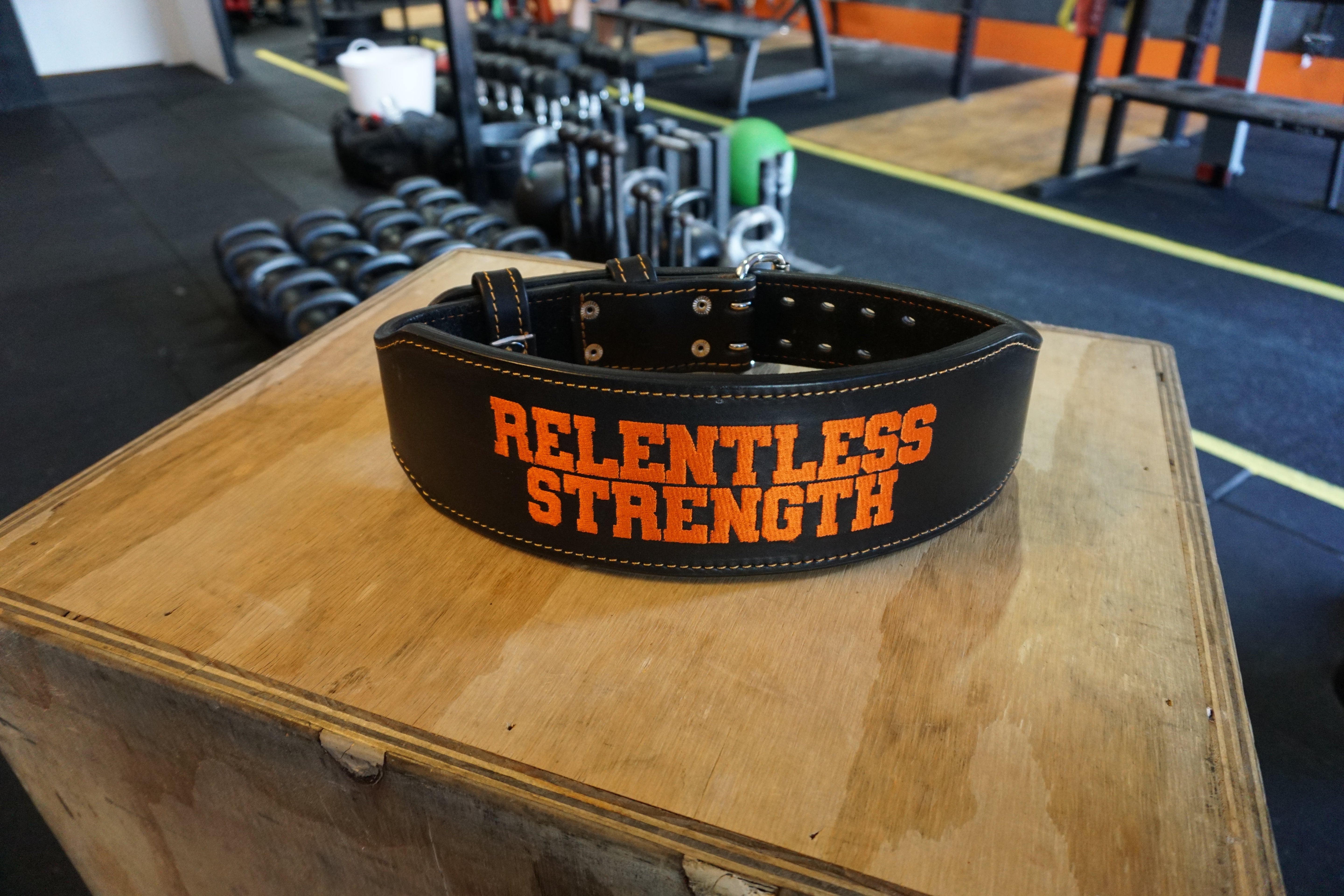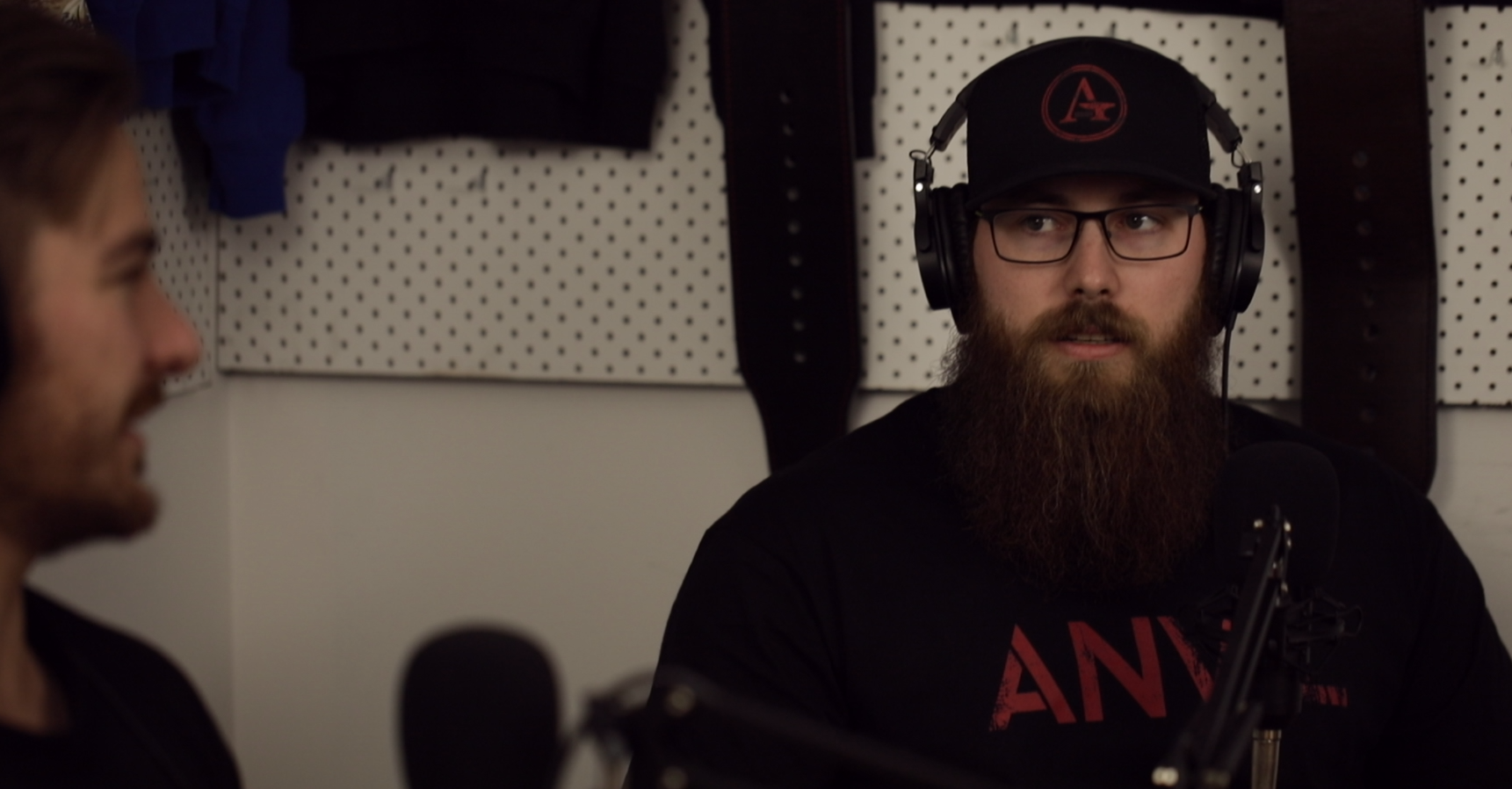What A Veteran Should Look Out For In Their Next Career Move - Part 2

Warning signs to look for in a civilian work environment
An Anvil Mental Health Article by Marshall Officer
Late last week I released Part 1 of this article, explaining some signs to look for before taking your next career step. The second part of this article explains the signs you can look for once you have already begun.
I know it can be a pain in the ass to find out after you start a new job that it isn’t as exciting as it looked from the outside, but sometimes internal issues can take a little while to manifest. I personally worked for 6 months before encountering my first major issues with my leadership, but I stuck around until the 12 month mark just in case it had been out of the ordinary. Unfortunately, it became progressively worse from there, and I made the decision to finish the year and move on. For the sake of your mental health, make the hard choice. DO NOT stay in any job that is adding extreme levels of stress to your mental wellbeing.
Who Is In Your Chain of Command?
In the military, you have a very clear chain of command. You know how to address issues, and you know conflict will usually be handled at the lowest level. This is not always the case in a civilian work environment. Where possible, make a note of how conflict is handled, or who usually ends up dealing with conflict in the particular workplace. Is it the same people over and over? How does it get handled? Is it a formal, professional process? If you are worried about the answers to these questions, do not speak to anyone internally (unless they are a veteran that you trust). Always consult an external support network first, primarily other veterans and potentially family or close friends that may have worked in similar companies. The reason for this is: there are no secrets in a civilian workplace. Gossip happens everywhere, people talk to each other, and unlike in the military where you can usually trust diggers to keep their mouths shut talking to the rank, civilians tell everyone everything.
What is the Management’s Attitude Towards Change, Can They Make Decisions?
All companies change, and veterans tend to be strong-willed and decisive people who have a habit of finding more efficient or effective ways to do things. This probably comes from being taught that the faster you get things done, the more time you have to rest - but the majority of civilians do not work the same way. Many individuals in management positions, when presented with new thinking, can become defensive - especially when it is communicated with confidence. It is extremely important to assess whether middle and upper management have a history of making decisions, or do they tend to pass the responsibility higher. Initially, try to avoid openly challenging anyone in meetings or groups. As a new employee at a company where you may end up fired if you challenge the wrong manager, stay off the radar when it comes to big changes.Always ask yourself if the short term win is worth pissing off someone who can end your career.
Do They Have Previous Experience With Mental Health Issues?
This one can be hard to assess. If the company has never employed veterans for extended periods of time, they may not have experience supporting an employee that may need to go to medical appointments, take time off or follow a routine that helps with positive mental health behaviour. Mental health leave is a relatively new concept in civilian workplace, and it isn’t always treated respectfully by certain managers/teams. In my experience, it is best to be as honest as you feel you can be about what is important for you and what is a productive habit for your mental health. You will figure out very quickly if the company openly endorses positive support strategies. I was very clear about my weight training being a priority for my mental health, and my direct manager reacted with confusion and apprehension. They worried that my mental health might cause problems internally, rather than supporting me having a healthy work life balance that allowed me to train, work and get enough sleep. If management is concerned that you are leaving at 5PM on the dot to go to the gym - even if you have finished all your work - they probably don’t support your personal mental health and wellbeing. An initial discussion broaching the topic of mental health is a good way of assessing the overall attitude towards the topic. Try to have this conversation with a group of people in your immediate chain of command, so there can be no miscommunication, and try to gauge the individual and group reactions to any difficult topics of discussion. The intent here is not to scare anyone, just to demonstrate openness and trust from your end, and you may find out that your workplace is more supportive than you ever initially imagined. It could be helpful to have another veteran (preferably one with a longer history at the company) present in this discussion. This will cover you in the rare case that anything is misunderstood and potentially raised at a later date.
What Happens Behind Closed Doors?
This is easy to assess. If there are a lot of meetings happening behind closed doors that seem to have nothing to do with the general day to day work that happens at the company, it is safe to say that the culture is not healthy. Every veteran should know that effective and direct communication is the key to success when achieving any mission on a small or large scale. If people are talking behind closed doors, then gossip will follow. If issues are not communicated openly, and if asking about controversial topics is discouraged, it can be a sign that there may not be one standard for how issues are dealt with.
Does the Culture Accept Being Different, or Are You Expected to “Join the Cult”?
Veterans are different. The military basically programs you to work hard, make decisions, communicate with influence, and solve problems. As such, our personalities can be polarising, and can come across as aggressive or arrogant. Military work ethic is an asset any company would be glad to have - but there are cases time and time again of veterans being expected to fit in to a company culture, rather than accepted and nourished as a unique asset. To some extent, you will need to adjust your behaviour to fit into any new career - however if you are constantly told that your skillset is “no longer relevant”, or that you need to change the way you operate at a basic level, then this is a warning sign that the company does not want someone with unique skills, they just want another person to do what they are told. On the other hand, a company may treat your unique skill-set and attitude as an asset. This is a very positive situation and will usually take the form of recognition/adoption of your personal procedures for accomplishing tasks. This can be a good opportunity to help others adopt the same strategies for problem-solving, and will go a long way in allowing you to carve your own long term personal spot in a supportive workplace.
Why does it all matter?
Veteran mental health is a hot topic at the moment, and for a good reason. Suicide in the veteran community is far more common than any other group of people - and the transition from military to civilian life remains to be one of the most challenging hurdles for many. I am not a psychologist, and this could be attributed to any number of reasons - but I do know that everything you do on a day to day basis has some effect on your overall mental health. Your workplace is where you will potentially spend over 40 hours a week, and as such, it can have an enormous influence on your state of mind. Workplaces exist where civilian employees start with no mental health issues, and leave with diagnosed anxiety and depression. For a veteran coming in with potential PTSD, depression and anxiety, this kind of environment can literally be lethal. I want to conclude by saying don’t avoid the warning signs. Reinforce and use your support network, take positive steps toward mental and physical health, and pass on as much information as you can. The veteran community has lost too many people already, and at Anvil we are passionate about doing everything we can to prevent this issue from getting worse.
About Us
Anvil Training and Development is a group of Australian veterans who care about the physical and mental health of veterans and emergency service workers. We’re passionate about ongoing education and working with others to implement positive change.
Instagram: Anvil Training & Development - @anvil.td
Facebook: Anvil Training & Development - @anvil.td
www.anviltd.com
(Article Edited, Proof Read, and Fact-Checked by Charlotte Officer)
VES Mental Health Resources: https://anviltd.com/pages/ves-australian-mental-health-resources









Leave a comment